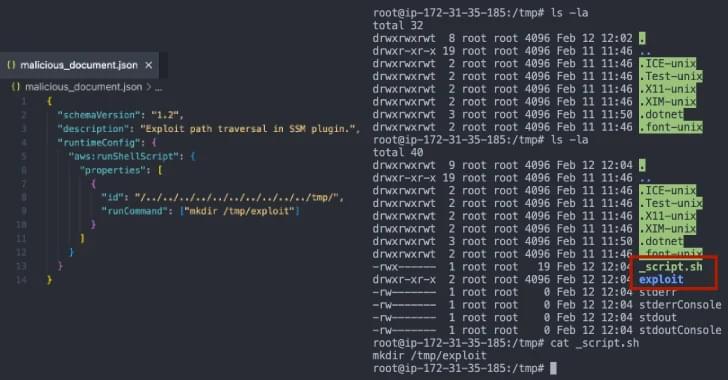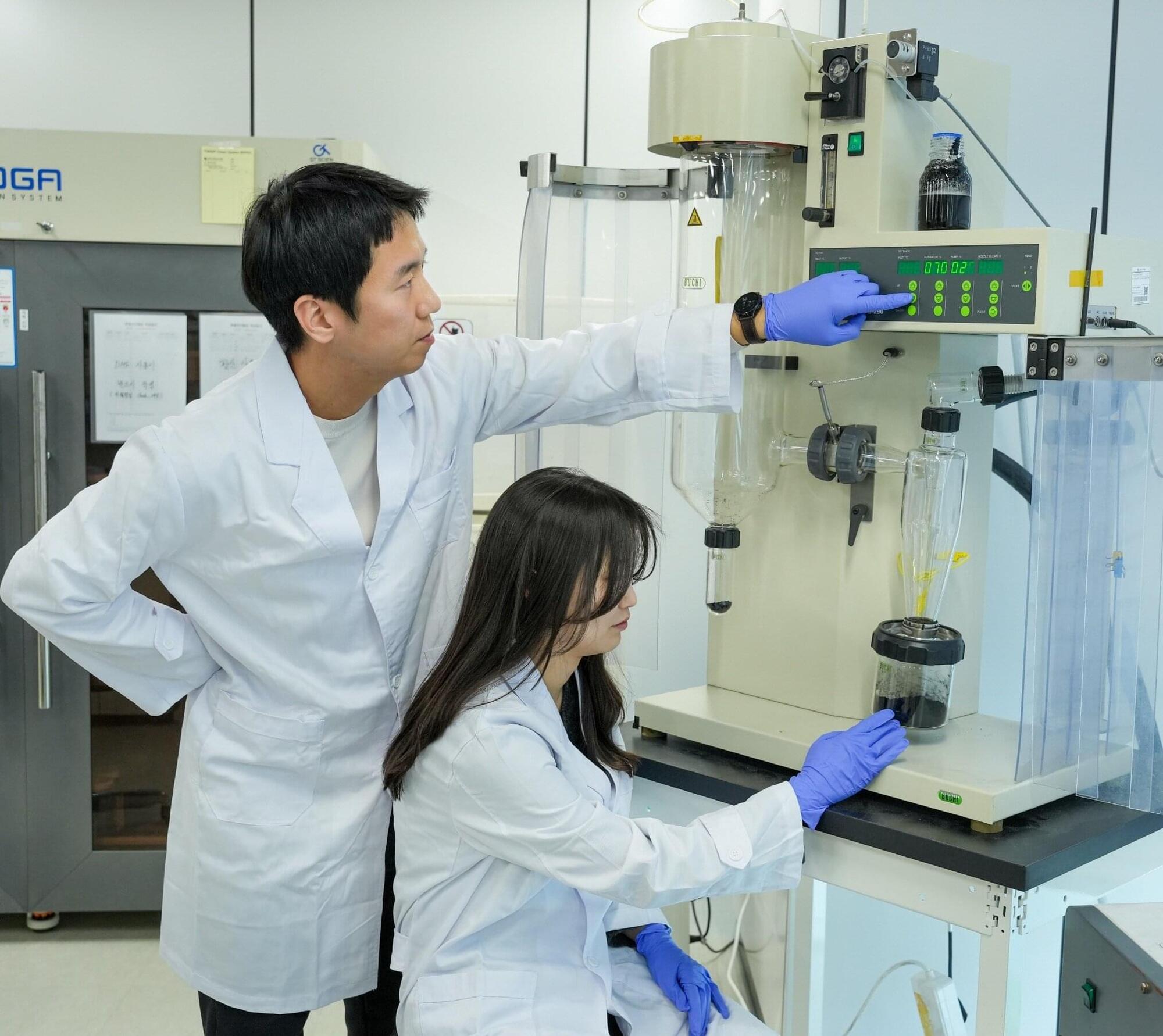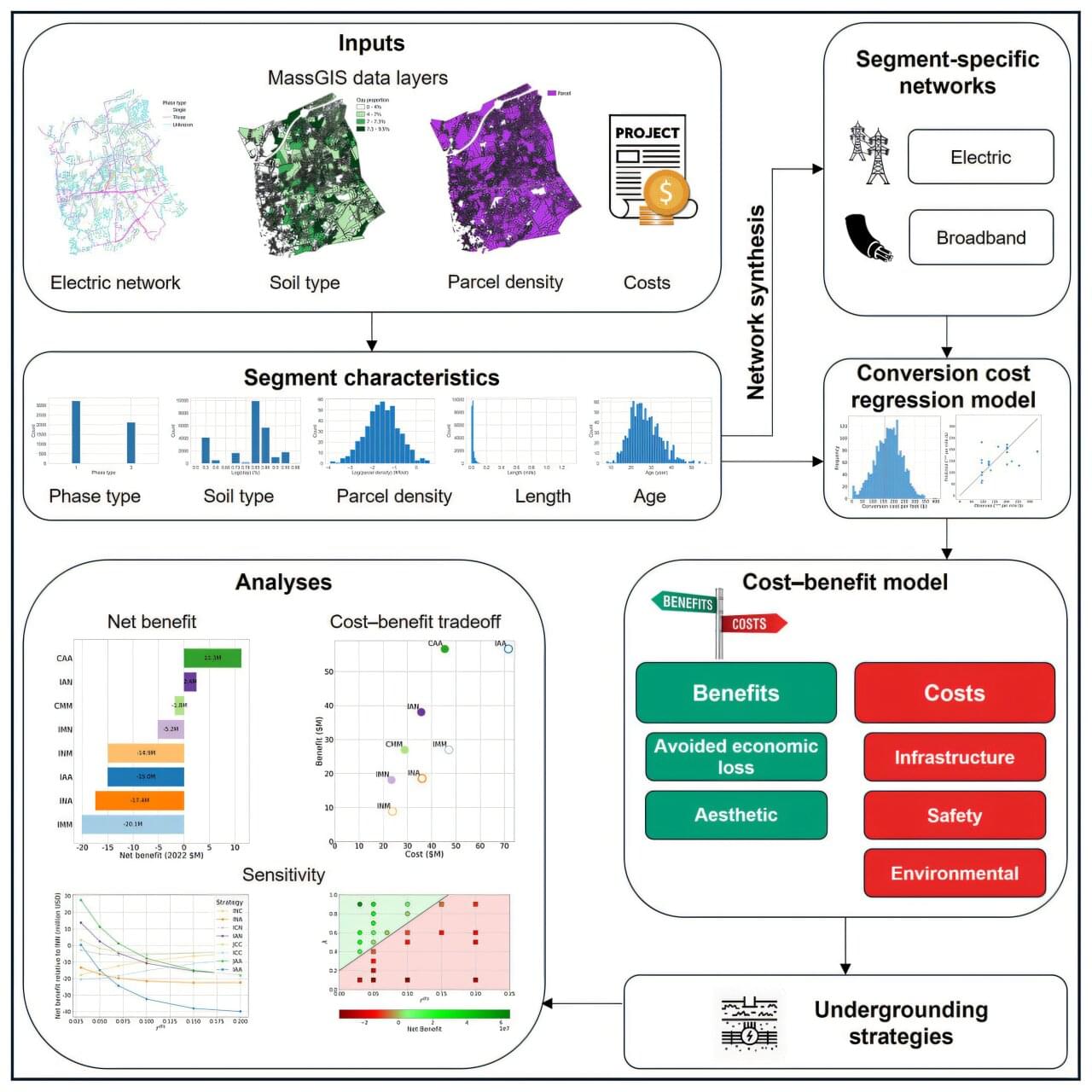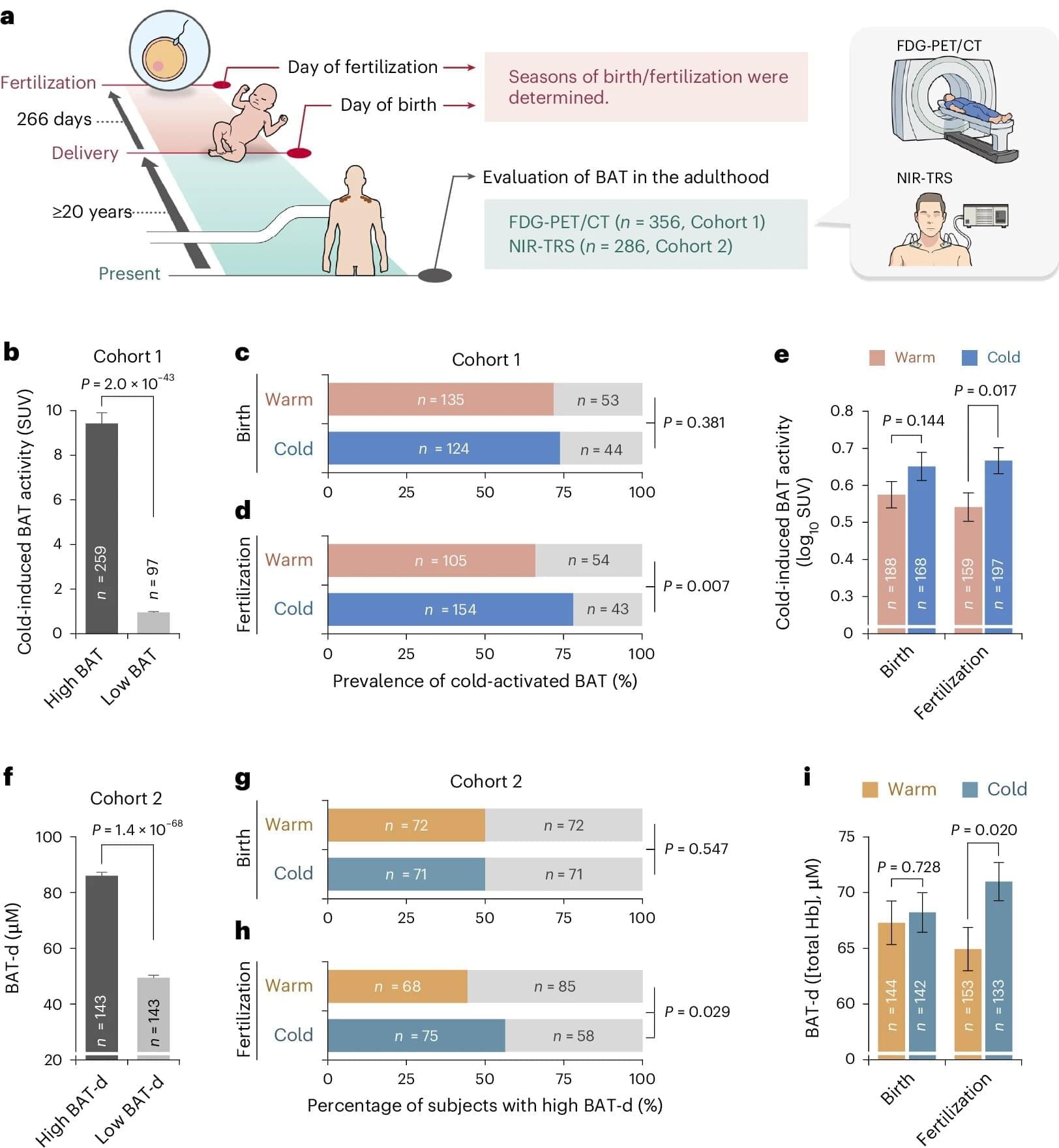AWS patched an EC2 SSM Agent flaw on March 5, 2025, preventing privilege escalation via plugin ID path traversal.


Colossal Biosciences claims three pups born recently are dire wolves, but they are actually grey wolves with genetic edits intended to make them resemble the lost species


A standard digital camera used in a car for stuff like emergency braking has a perceptual latency of a hair above 20 milliseconds. That’s just the time needed for a camera to transform the photons hitting its aperture into electrical charges using either CMOS or CCD sensors. It doesn’t count the further milliseconds needed to send that information to an onboard computer or process it there.
A team of MIT researchers figured that if you had a chip that could process photons directly, you could skip the entire digitization step and perform calculations with the photons themselves, which has the potential to be mind-bogglingly faster.
“We’re focused on a very specific metric here, which is latency. We aim for applications where what matters the most is how fast you can produce a solution. That’s why we are interested in systems where we’re able to do all the computations optically,” says Saumil Bandyopadhyay, an MIT researcher. The team implemented a complete deep neural network on a photonic chip, achieving a latency of 410 picoseconds. To put that in perspective, Bandyopadhyay’s chip could process the entire neural net it had onboard around 58 times within a single tick of the 4 GHz clock on a standard CPU.
Instead of sensing photons and processing the results, why not process the photons?

The Korea Electrotechnology Research Institute (KERI) and the Korea Institute of Materials Science (KIMS) have jointly developed spray drying technology-based high-performance dry electrode manufacturing technology for the realization of high-capacity secondary batteries. The study is published in the Chemical Engineering Journal.
Secondary battery electrodes are made by mixing active materials that store electrical energy, conductive additives that help the flow of electricity, and binders which act as a kind of adhesive. There are two methods for mixing these materials: the wet process, which uses solvents, and the dry process, which mixes solid powders without solvents.
The dry process is considered more environmentally friendly than the wet process and has gained significant attention as a technology that can increase the energy density of secondary batteries. However, until now, there have been many limitations to achieving a uniform mixture of active materials, conductive additives, and binders in the dry process.

When it comes to upgrading electrical and broadband infrastructure, new research from the University of Massachusetts Amherst shows that a “dig once” approach is nearly 40% more cost effective than replacing them separately.
The study, published in the journal Cell Reports Sustainability, also found that the greatest benefit comes from proactively undergrounding lines that are currently above ground, even if lines haven’t reached the end of their usefulness.
Co-undergrounding is the practice of burying both electric and broadband internet lines together.


About 66 million years ago, an asteroid slammed into the planet, wiping out all non-avian dinosaurs and about 70% of all marine species.
But the crater it left behind in the Gulf of Mexico was a literal hotbed for life, enriching the overlying ocean for at least 700,000 years, according to research published today in Nature Communications.
Scientists have discovered that a hydrothermal system created by the asteroid impact may have helped marine life flourish at the impact site by generating and circulating nutrients in the crater environment.


Individuals who were conceived in colder seasons are more likely to show higher brown adipose tissue activity, increased energy expenditure and a lower body mass index (BMI), and lower fat accumulation around internal organs, compared with those conceived in warmer seasons, suggests a study published in Nature Metabolism. The findings, based on an analysis involving more than 500 participants, indicate a potential role for meteorological conditions influencing human physiology.
Although eating habits and exercise are key indicators of fat loss, exposure to cold and warmth also plays a part. In colder temperatures, the body generates more heat (cold-induced thermogenesis) via brown adipose tissue activity and stores less fat in the form of white adipose tissue than it does in hotter temperatures. However, underlying factors contributing to individual differences in brown adipose tissue activity remain poorly understood, particularly in humans.
Takeshi Yoneshiro and colleagues analyzed brown adipose tissue density, activity and thermogenesis in 683 healthy male and female individuals between ages 3 and 78 in Japan, whose parents were exposed to cold temperatures (defined in the study as between 17 October and 15 April) or warm temperatures (between 16 April and 16 October) during the fertilization and birth periods.